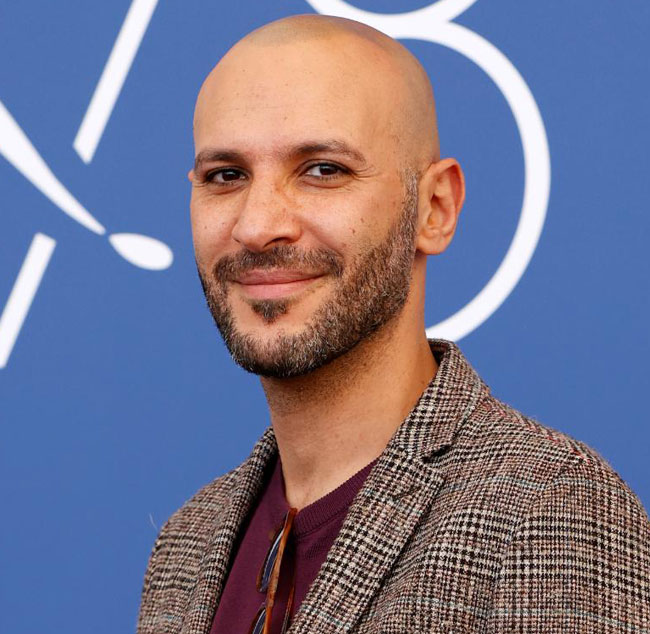Biography

Mohamed Diab is a prominent Egyptian filmmaker and screenwriter and a member of the Academy of Motion Picture Arts and Science (AMPAS) who achieved with his works both international acclaim and commercial success in the Arab world.
Aside from directing, Diab wrote some of Egypt's most famous box office hits, including THE ISLAND (2007) and its sequel THE ISLAND II (2014), Ahmed Helmy's 1,000 CONGRATULATIONS (2009), THE REPLACEMENT (2009), in addition to TV series TAYEA (2018).
In 2010, Diab made his directorial debut with CAIRO 678, which followed a trio of female vigilantes who fight sexual harassment on the streets of Cairo. The film, which is also written by Diab, won multiple awards from the Chicago, Montpellier, and Dubai festivals. Renowned Brazilian writer Paulo Coelho also tweeted about the film, saying that it "should be mandatory for all men to watch."
Diab followed up with the Cannes Un Certain Regard opener CLASH (2016) — an action-packed political thriller shot entirely from within the confines of a police truck — which was praised by Tom Hanks, who urged people to see it because “it will break your heart but enlighten all."
The film, which is directed by Diab and written by him and Khaled Diab, was also Egypt’s official submission to the 2017 Academy Awards for Best Foreign Language Film after winning four awards at the Carthage Film Festival.
In 2017, he served as a jury member for the Un Certain Regard section in the 70th Cannes Film Festival.
His film, AMIRA (2021) — a pan-Arab production shot in Jordan-had its world premiere at the Venice Film Festival and reaped three awards. It also received a Special Mention at the 32nd Carthage Film Festival (JCC) in Tunisia.
Also — becoming the first Arab director to achieve this milestone — Diab recently directed and executive produced the Disney+ and Marvel Studios series MOON KNIGHT (2022) starring Oscar Isaac and Ethan Hawke, becoming the most trending topic on social media in Egypt and abroad. Moreover, it was described by the international press as a work that “pushes for authenticity and avoids the orientalist look”.





